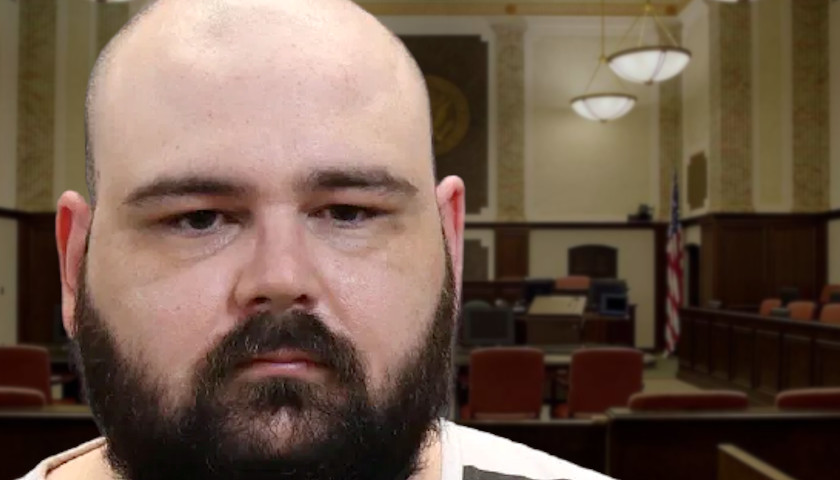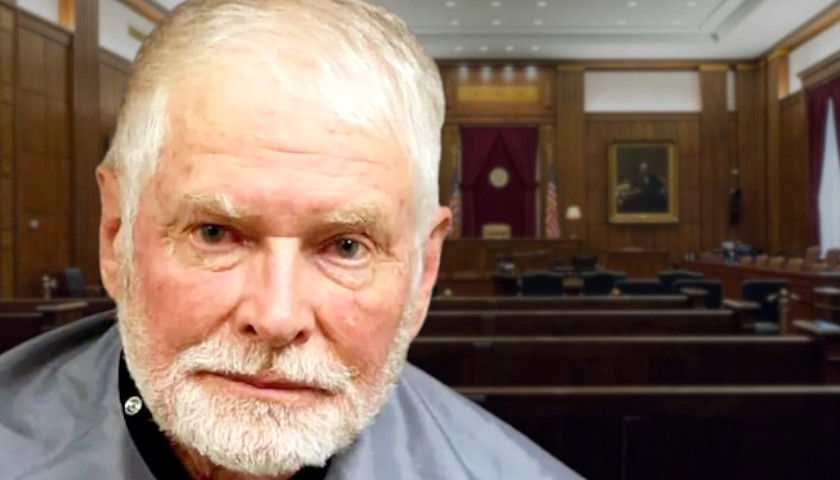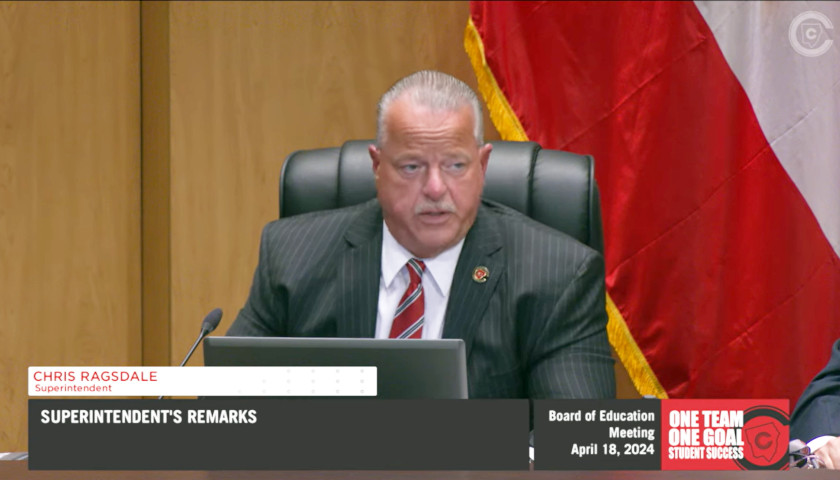Judge David D. Wolfe of Tennessee’s 23rd Judicial District, presiding over sentencing of convicted murderer Steven Wiggins, advised witnesses on Tuesday that they may not testify to their own philosophical opinion against the use of the death penalty in all cases.
The judge thus struck a portion of the testimony Peter Schaffer gave Monday during sentencing proceedings to determine what punishment Wiggins will receive for the shooting death of Dickson County Sergeant Daniel Baker: life imprisonment or death. Schaffer is a friend and former plumbing coworker of the defendant.
“This is prevailing law,” Wolfe said to attorneys, citing precedent disallowing witnesses to discuss whether they believe all murder convicts should be spared capital punishment. “This is not a new question that has arisen.”
Schaffer is the man whose life Wiggins’s defense lawyers said was saved by the defendant. Schaffer had testified to suffering a heart attack on the job and to being carried out of a pit and brought to the hospital by Wiggins.
Prosecutor Ray Crouch also pressed Schaffer for indications of Wiggins’s mental acuity at the time he aided Schaffer. The witness affirmed that his friend was able to take charge of a challenging situation and take him to the hospital, solve problems and adapt to unusual circumstances as they came up. Wiggins’ attorneys have relied heavily on what they claim are their client’s mental deficiencies while arguing he should receive life imprisonment without parole as opposed to execution.
Also on Tuesday, defense attorneys asked Dr. Andrew Newberg, a physician at Thomas Jefferson University Hospital in Philadelphia, to discuss PET and MRI scans of Wiggins’s brain to illuminate their case that Wiggins was not mentally competent. Newberg testified that damage that Wiggins suffered prenatally and in childhood to his brain’s frontal lobe could have affected his ability to intelligently respond to Baker’s attempt to apprehend him after the sergeant received a report of a suspicious vehicle on May 30, 2018.
“They certainly could react in impulsive ways. And, certainly, in those circumstances, some parts of the decisions might be good and then other parts are not.”
After Wiggins shot Baker dead, he put the deceased into the patrol car, drove it several miles away and set the patrol car on fire with the Baker’s body still inside it. For this and related offenses, Wiggins was convicted of premeditated first-degree murder, felony murder, two counts of theft of property, two counts of criminal impersonation of law enforcement, tampering with evidence, arson of vehicle and abuse of corpse.
– – –
Bradley Vasoli is a reporter at The Tennessee Star and The Star News Network. Follow Brad on Twitter at @BVasoli. Email tips to [email protected].








